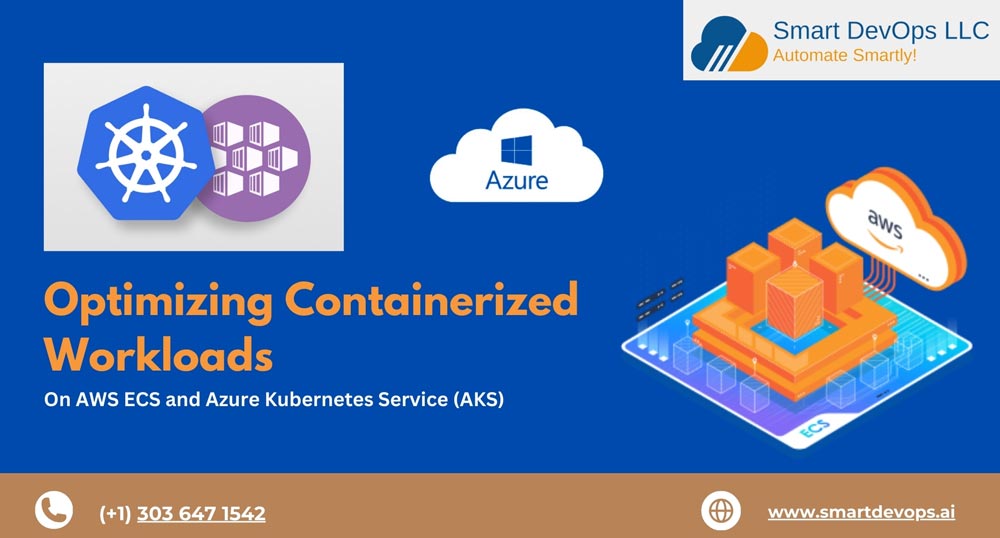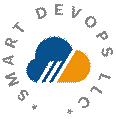
Introduction 🚀
In the quest for digital excellence, containerization stands as a beacon for enterprises aiming to deploy, manage, and scale applications with unparalleled efficiency. This innovative approach not only streamlines development processes but also ensures consistent environments across various stages of deployment. Amidst the myriad of platforms facilitating containerized solutions, Amazon Web Services (AWS) Elastic Container Service (ECS) and Azure Kubernetes Service (AKS) emerge as frontrunners, offering robust frameworks for optimizing container management. At Smart DevOps LLC, we excel in harnessing the capabilities of these platforms to fine-tune your containerized workloads, delivering optimized performance, scalability, and security tailored to your business needs.
Understanding AWS ECS and Azure AKS
AWS ECS is a highly scalable, fast container management service that makes it easy to run, stop, and manage Docker containers on a cluster. ECS eliminates the need for you to install and operate your own container orchestration software, manage and scale a cluster of virtual machines, or schedule containers on those VMs.
Azure AKS, on the other hand, simplifies the deployment, management, and operations of Kubernetes, an open-source system for automating the deployment, scaling, and management of containerized applications. AKS offers serverless Kubernetes, an integrated continuous integration and continuous delivery (CI/CD) experience, and enterprise-grade security and governance.
Optimizing Containerized Workloads: Strategies and Best Practices
Efficient Resource Allocation and Autoscaling
Properly allocating resources and configuring autoscaling can significantly impact the performance and cost-efficiency of your containerized applications. In AWS ECS, you can use service auto-scaling to adjust your desired count of running tasks in response to CloudWatch alarms. Similarly, AKS allows you to automatically scale your application pods and adjust the number of nodes in your cluster.
Implementing DevOps and CI/CD Pipelines
Both ECS and AKS integrate well with DevOps tools to automate the deployment, scaling, and management of containers. Utilizing these integrations can greatly accelerate your development cycle and improve reliability.
Security Best Practices
Ensuring the security of your containerized workloads is paramount. In AWS ECS, use IAM roles to manage permissions and control access to your ECS resources securely. For AKS, leverage Azure Active Directory and role-based access control (RBAC) to secure access to your Kubernetes cluster.
Monitoring and Logging
Effective monitoring and logging are critical for optimizing performance and diagnosing issues quickly. AWS ECS integrates with CloudWatch for monitoring and logging, whereas AKS offers integration with Azure Monitor and Log Analytics for comprehensive monitoring and visualization.
Cost Optimization
Regularly review and optimize your container resource usage and allocation to control costs. Both AWS and Azure offer tools and best practices to help identify underutilized resources and suggest areas for cost reduction.
Smart DevOps LLC: Your Partner in Containerization
At Smart DevOps LLC, we provide comprehensive AWS and Azure cloud consulting services, along with DevOps services, to help businesses leverage the power of containerization. Our team of certified experts is dedicated to optimizing your containerized workloads on AWS ECS and Azure AKS, ensuring that your applications are efficient, scalable, and secure.
Ready to optimize your containerized workloads? Contact us today to discover how Smart DevOps LLC can transform your cloud strategy and propel your business forward.
